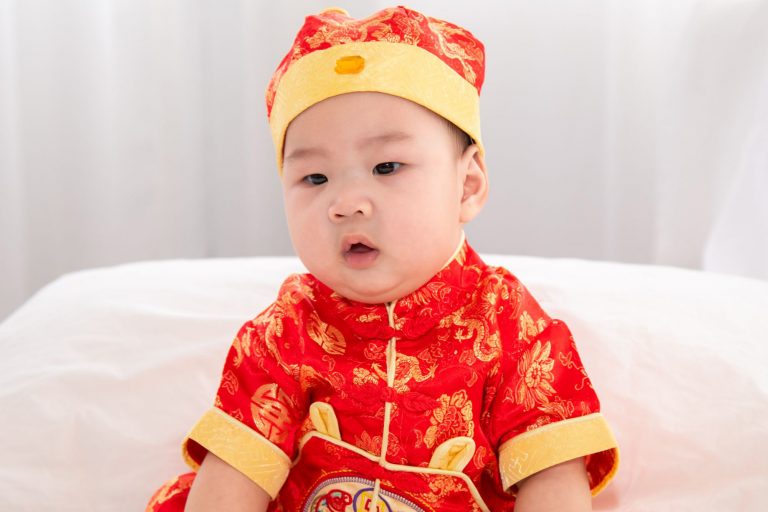“Why Chinese Names Often Include Nature” is a collaborative post.
To learn Mandarin online is to enter not just a new language, but a world of cultural symbolism—nowhere more visible than in Chinese names. You will quickly note how Chinese names work, and may notice how often names are drawn from nature: flowers, rivers, mountains, virtues, celestial elements…
Chinese names (名字) are typically composed of two or three characters, with the given name chosen to reflect qualities parents wish upon their child. Nature, with its beauty and permanence, has long served as the ideal source of such inspiration. A girl named Lihua (丽花, “beautiful flower”) evokes elegance and grace; Haoran (浩然, “vast and upright like the heavens”) reflects moral grandeur, drawn from Confucian ideals; Shan (山, “mountain”) symbolizes steadiness and endurance. Names like Yun (云, “cloud”) or Tao (涛, “wave”) suggest fluidity and freedom, virtues that mirror Daoist views of harmony and natural flow.
The Nature Connection
The connection between naming and nature can be traced to classical literature. In The Book of Songs (《诗经》), one of the earliest Chinese anthologies, natural imagery was used to express emotions and virtues—plum blossoms for resilience, orchids for integrity, pine trees for longevity. This poetic association gradually entered naming practices, embedding moral aspiration within aesthetic form. To be named after a flower, a bird, or a season is not merely decorative—it is a moral metaphor.
While many of these names still appear in modern China, regional and generational preferences vary. In earlier decades, politically inspired names such as Guoqiang (国强, “national strength”) or Aihua (爱华, “love China”) were popular. In recent years, however, nature-based names have regained favor for their simplicity and emotional warmth. Parents increasingly turn to poetic expressions, choosing characters that are both phonetically pleasant and visually balanced, such as Yue (月, “moon”) or Jing (静, “quietness”).
Language programs offered by teaching institutions such as GoEast Mandarin in Shanghai often explore such cultural subtleties alongside grammar and pronunciation. By connecting the study of characters to their philosophical and historical roots, students gain a deeper appreciation of how language reflects Chinese thought. The school’s teachers emphasize that even a single character in a name carries layers that shape how identity is expressed and understood in Chinese culture.
Names in Chinese are, therefore, expressions of moral vision and aesthetic taste. To understand why so many Chinese names bloom with flowers, flow with rivers, or shine with stars is to grasp something essential about the Chinese worldview: that language, nature, and human virtue are inseparably intertwined.







Comments are closed.